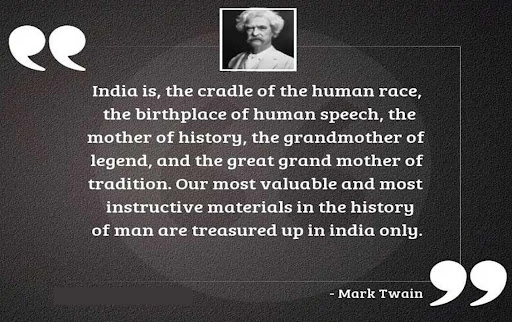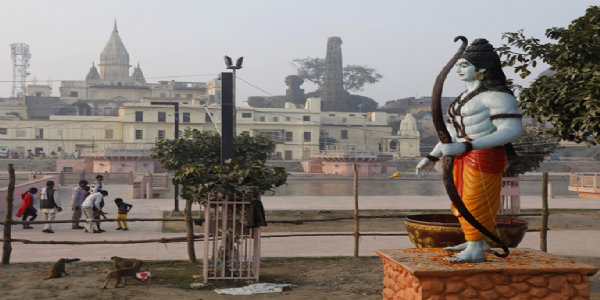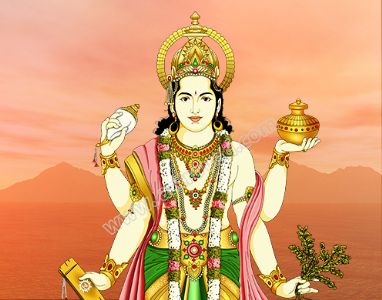India Misunderstood By Indians
Every open-minded person appreciates ancient Indian wisdom. If one fails to see greater meanings in ancient scriptures, that means they have either misread them or have been under the sway of bad influences.
Total Views | 133
Khalid Umar, London, UK
Every open-minded person appreciates ancient Indian wisdom. If one fails to see greater meanings in ancient scriptures, that means they have either misread them or have been under the sway of bad influences.
No doubt, the English educated Indians have a huge inferiority complex about Indian heritage. They suffer from severe self-hatred syndrome, which they even infect unsuspecting kids. To them, anything Indian seems frivolous and puny. Being westernised alone is considered synonymous with modernity, progress, and intelligence, by that class of elite Indians.
Against the backdrop of the increasing self-loathing sickness, Mr Gewali's book – 'Know Your India' has come up as a quick remedy. But one must be ready to swallow the bitter pills in it. It argues with logical assertiveness about the vast literary treasure trove of India. A renowned research scholar, Gewali's dedication to the country is highly commendable. His previous book – 'Great Minds on India' has made a huge impact worldwide, with its fourteen translations and a foreword by a NASA scientist. It has kindled keen interest and awareness among the youth about how the great intellectuals, particularly from the West, praised India and called it the fountain source of knowledge. The book is an asset to the nation.

No matter what the biased groups of intellectuals may want to spread, India's wisdom is unfathomable and secular in its essence. It is too unfortunate that mainstream academia still wants to teach Indian kids – “The Mughal the great”! They continue to ram 'Aryan Invasion Theory' down the throats of school children. But this farfetched hypothesis has long been logically discredited by unprejudiced researchers, including western scholars. In fact, it was all ploy to show the rich culture and the spiritual heritage of India in a poor light.
Until UNO's recognition of YOGA, the Indian media tried hard to label it as a communal exercise. The proclivity of Indian intellectuals even touched a raw nerve of the former president of India - Dr APJ Abdul Kalam, who once thundered: “Tell me, why is the media here so negative? Why are we in India so embarrassed to recognise our strengths, our achievements? We are such a great nation. We have so many amazing success stories, but we refuse to acknowledge them. Why?”
Mr Gewali has very aptly subtitled this book – “India misunderstood by Indians”. It really touched me, and I hope it will touch the heart and soul of each youngster. No Indian should any longer lose sight of their glorious heritage. Everyone should embark on a journey to know India and let Salil Gewali be one of the guides. Paths across India are intellectually so inspiring they certainly make you see divinity everywhere.
A Lahore-born scholar from London, Khalid Umar is well-versed in Vedanta philosophy, having a huge following from across India and European countries.
Bharati Web





